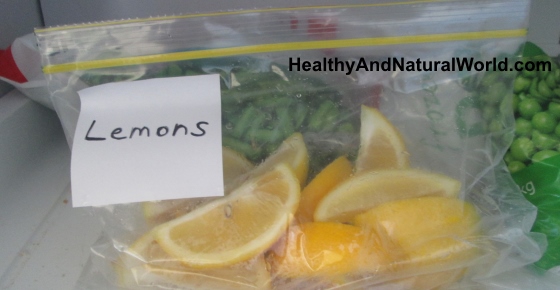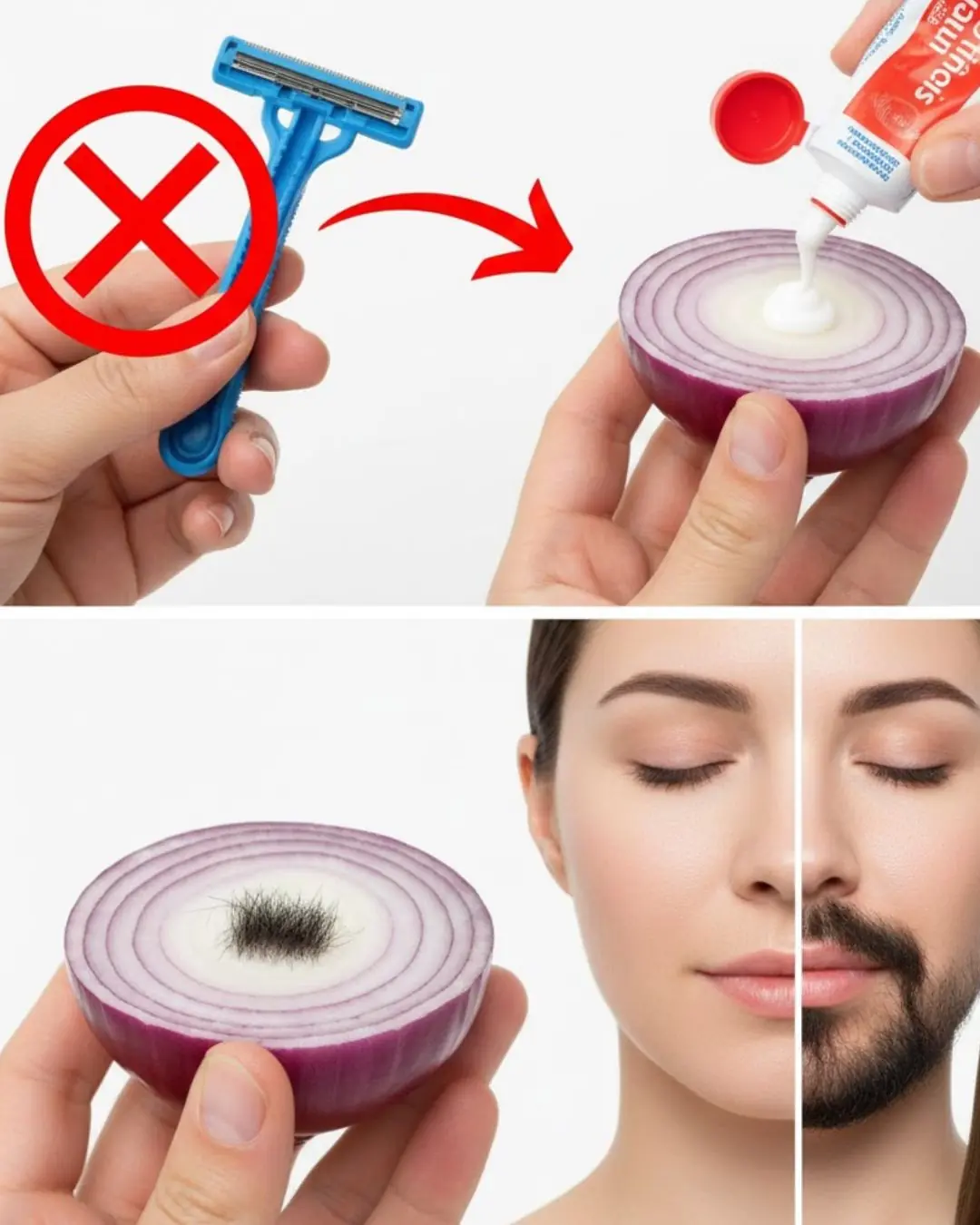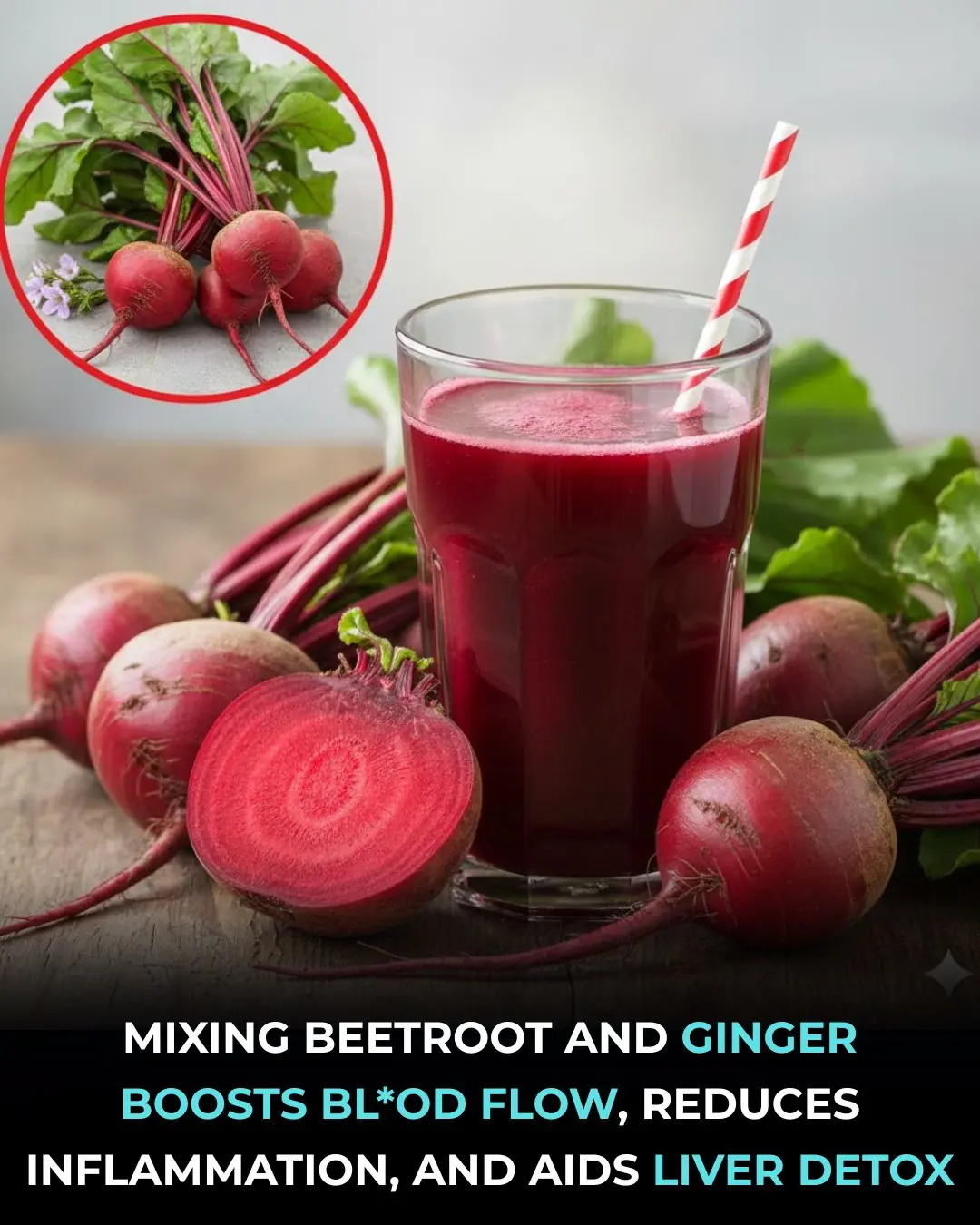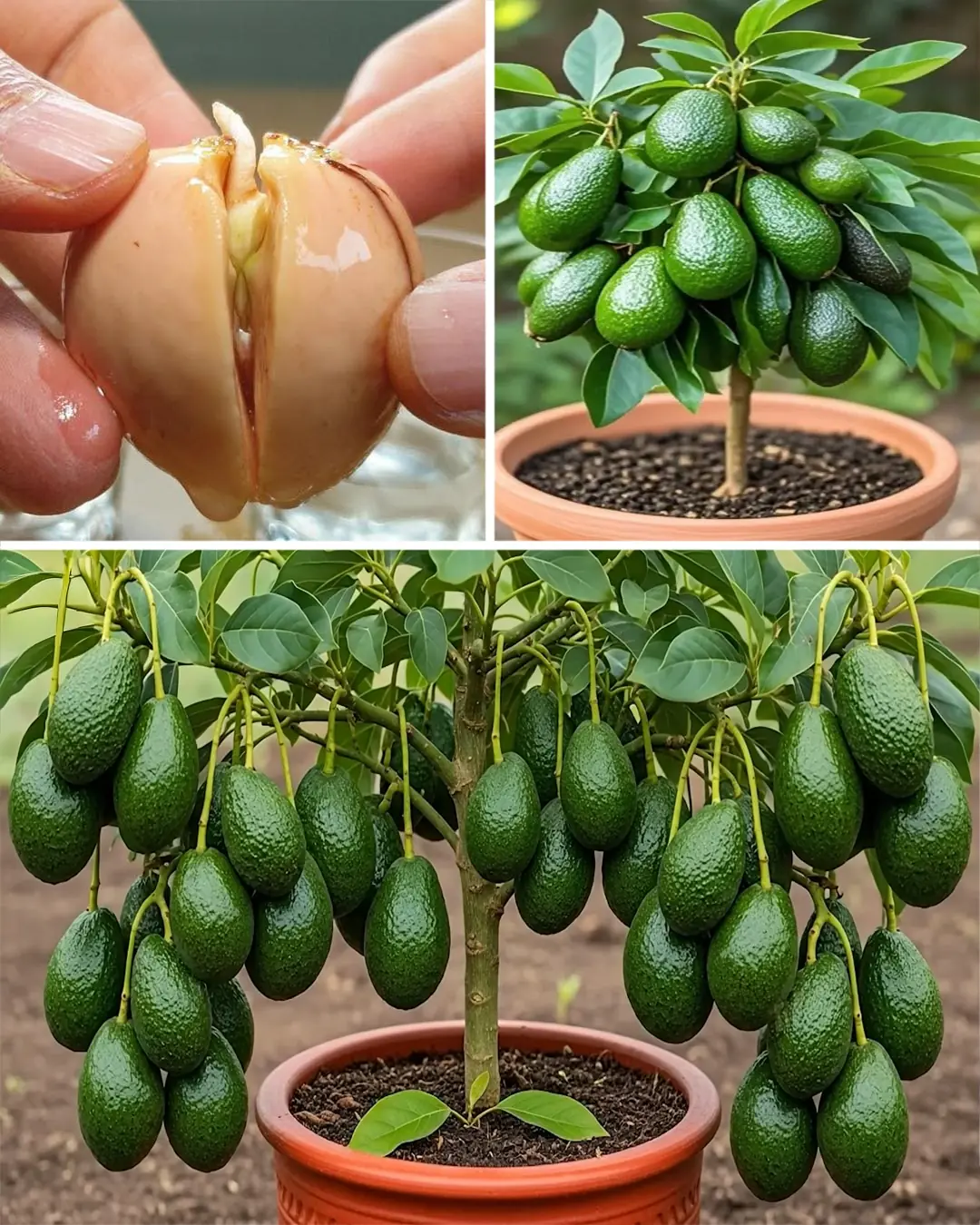
How & Why You Need to Freeze Lemons (Detailed Instructions)

Bright, refreshing, and naturally alkalizing, lemons are one of the most versatile fruits you can keep in your kitchen. One simple trick can make them even more useful: freeze them. Every part of the lemon — juice, zest, peel, and even sliced wedges — can be frozen and stored for months, ready for cooking, drinks, and natural remedies.
Freezing lemons not only prevents waste but also makes preparation easier and can help you take full advantage of the fruit’s nutritional power.
Before You Freeze Your Lemons
Choose firm, unbruised lemons without soft or dark spots. Wash them thoroughly using produce soap or soak them in a mixture of water and white vinegar to remove pesticide residue — especially important if your lemons aren’t organic.
How to Freeze Lemons (All Methods)
1. Whole Lemons
Place whole lemons into freezer-safe bags, remove excess air, and seal.
To use:
Thaw at room temperature or soak briefly in cold water. These are perfect for juicing or making lemon water.
Note: Once thawed completely, lemons become too soft for slicing.
2. Whole Lemons Without Zest
If you’ve already removed the zest, don’t toss the lemon. Wrap it tightly in plastic wrap or foil, place it in a freezer bag, and freeze. It stays juicy and fresh for later use.
3. Lemon Zest
Zest the lemon and freeze it in a small container or bag.
Tip: When grating frozen lemon zest directly into recipes, you lose zero essential oils — they melt straight into the dish instead of spraying everywhere.
4. Wedges & Slices
Slice or wedge lemons and freeze them on a parchment-lined tray. Once solid, store them in airtight containers.
Perfect for:
• Iced tea
• Cocktails
• Flavoring water
• Cooling hot drinks without watering them down
5. Lemon Juice (Ice Cube Method)
Juice fresh lemons and pour the liquid into ice cube trays. Once frozen, transfer cubes to labeled freezer bags.
Tip: Measure how much liquid one cube holds (usually 1–2 tablespoons) so you can thaw exactly what you need for a recipe.
For a fun twist, freeze lemon juice with a mint leaf, raspberry, or strawberry slice inside — gorgeous for parties.
Health Benefits of Lemons (Backed by Research)
Lemons are loaded with vitamin C, polyphenols, antioxidants, and anti-inflammatory compounds that protect the body from chronic disease.
1. Boosts Immunity
Increasing vitamin C intake — especially from lemons — can reduce the duration of colds and support immunity overall.
2. Supports Heart Health
A long-term study found that diets rich in vitamin-C–heavy foods are associated with lower rates of heart disease.
3. Helps Lower Blood Pressure
Both lemon juice and lemon peel have been shown to help reduce blood pressure, especially when combined with daily walking.
4. Reduces Cholesterol
A 2016 study discovered that combining lemon juice with garlic significantly lowered LDL cholesterol within eight weeks.
5. Prevents Kidney Stones
A 2008 study showed lemon juice works similarly to potassium citrate in preventing recurrent kidney stones.
6. Helps Manage Diabetes Symptoms
Polyphenols in lemon peel improve insulin sensitivity and reduce inflammation associated with metabolic disorders.
For more benefits, see the research-backed article “Scientifically Proven Health Benefits of Lemons.”
Don’t Skip the Lemon Peel — It’s Medicine Too
The peel contains powerful compounds such as flavonoids, polyphenols, oils, and fiber that:
• Reduce inflammation
• Improve digestion
• Support nutrient absorption
• May lower cancer risk
A clinical trial even found lemon peel consumption may offer protective effects against skin cancer — more so than the juice itself.
This is why many people grate lemon peel into drinks and dishes when using frozen lemons: you capture all the medicinal compounds, not just the juice.
News in the same category


What Happens to Your Body When You Eat Canned Tuna Every Day

2-Minute Painless Hair Removal: Natural At-Home Solution

Grounding with Trees: How Barefoot Earthing and Tree Energy Restore Your Natural Balance

10 signs you’re eating too much sugar

A Natural Drink That Helps Ease Knee Pain in Just 14 Days

Drink this daily to support cleaner arteries

If your eyes look like this, your liver’s in trouble

Stop Wasting Money on Pills — Try Chayote Instead! (Natural Remedy Guide)

Beetroot and Ginger: A Powerful Natural Duo for Whole-Body Wellness

Blueberries and Brain Power: Can This Small Fruit Really Boost Memory?

Top 5 drinks to INSTANTLY improve leg circulation and blood flow

8 Early Warning Signs Of Ovarian Cancer You Shouldn’t Ignore

New research links common blood pressure drug to increased bleeding risk

1 carb proven to prevent colon cancer, clear arteries & eliminate inflammation

4 alarming symptoms of vitamin B12 deficiency you can’t ignore!

Raise your legs every day & 7 surprising things will happen to your body!

Simple Changes That Will Naturally Supercharge Your Blood Flow

What Does The Half Moon at The Base of The Nails Mean
News Post

Injectable Gel Breakthrough Brings New Hope for Nerve Regeneration

Why Boiled Eggs Deserve a Spot on Your Breakfast Table

Goodbye Synthetic Dyes: Doritos Join the Push for Cleaner, Transparent Ingredients

Breakthrough Research Suggests Kidney Damage May Be Reversible After All

How Intermittent Fasting Protects the Heart: New Evidence on Blood Clots and Cardiovascular Health

New Evidence Links Hepatitis C to Brain Pathways in Mental Illness

ITV breaks silence as Celebrity Big Brother is ‘axed from ITV schedule’

Peter Andre teases ‘special’ project with wife Emily: ‘We are having exciting meetings’

🚫 When to Avoid Ginger — 6 Medical Conditions That May Be Affected

What Happens to Your Body When You Eat Canned Tuna Every Day

I’m A Celebrity star Kelly Brook’s husband reveals when he’s flying out to Australia

Kris Jenner shows support for Meghan Markle weeks after Kardashians photo scandal

Inside Angry Ginge’s ‘bromance’ with Angry Ginge – how they met; ‘going to war’ over diss track; huge ‘risk’ that ‘paid off’

Ant McPartlin’s tattoos explained – tribute to wife Anne-Marie; uproar over ‘missing’ family member; nod to his recovery

Emmerdale disaster incoming: Bear’s fate ‘sealed’ as Joshua Richards makes devastating admission

How Do Farmers Grow Avocado Trees

Robron plot Kev’s downfall – but Emmerdale fans declare they ‘love him’

If You See a Woman Wearing a Wedding Ring On Her Pinky, Here's What It Means

2-Minute Painless Hair Removal: Natural At-Home Solution
